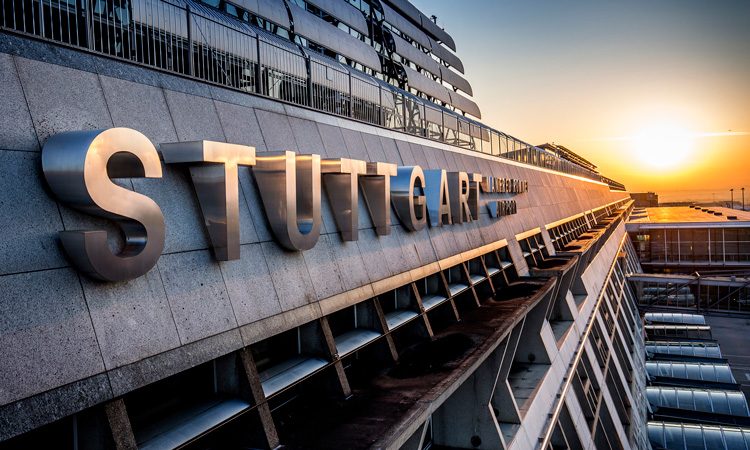Stuttgart Airport removes landing fees for electric aircraft
Posted: 1 July 2019 | International Airport Review | 1 comment
At Stuttgart Airport, new charges for take-off and landing have come into effect; encouraging the use of electric aircraft and alternative fuels.


Stuttgart Airport has become the first German airport to offer free landing charges to electric aircraft and fund electricity-based fuels.
The new regulations actively encourage the use of innovative technology, such as electric aircraft and alternative fuels.
From now on, aircraft completely powered with electric motors can land free of charge at Stuttgart Airport for an entire year. The use of alternative fuel will be funded by a programme with a total volume of €500,000. Airlines will receive a grant of up to €300 per 1,000 litres of alternative fuel.
The goal of these strategic adjustments is to create incentives for technology development towards quiet and climate-friendly aviation and to facilitate the adoption of available innovations.
Walter Schoefer, CEO of Stuttgart Airport, welcomed the amended version: “It is an urgent matter that flying becomes more climate friendly. For us as an infrastructure provider, the new regulation is a way to promote this mission.”
Dr Arina Freitag, Managing Director of Aviation, said: “Stuttgart is the first German airport to incentivise the use of electricity-based fuel and electric aircraft in its charges regulation. To us, sustainability also means thinking long-term and considering the needs of our stakeholders. For our passengers, we aim to develop our route network sustainably, and for our neighbours, we support quieter planes.”
Stuttgart Airport defines alternative aviation fuel as admixable kerosene, which permits a reduction of greenhouse gases by at least 60 per cent relative to the replaced quantity of fossil kerosene.
The International Airport Summit is open for registration!
Date: 19 – 20 November 2025
Location: JW Marriott Hotel Berlin
At our flagship event of the year, we will dive into the future of airport operations, with expert-led sessions on passenger experience, innovative smart technologies, baggage handling, airside operations, data, security, and sustainability.
This is where global airport leaders come together to share insights, challenges, and real-world solutions.
Limited complimentary passes are available for eligible professionals – first come, first served!
Related topics
Aeronautical revenue, Regulation and Legislation, Sustainability, Sustainable Aviation Fuel (SAF), Sustainable development


















Nice and more safe!